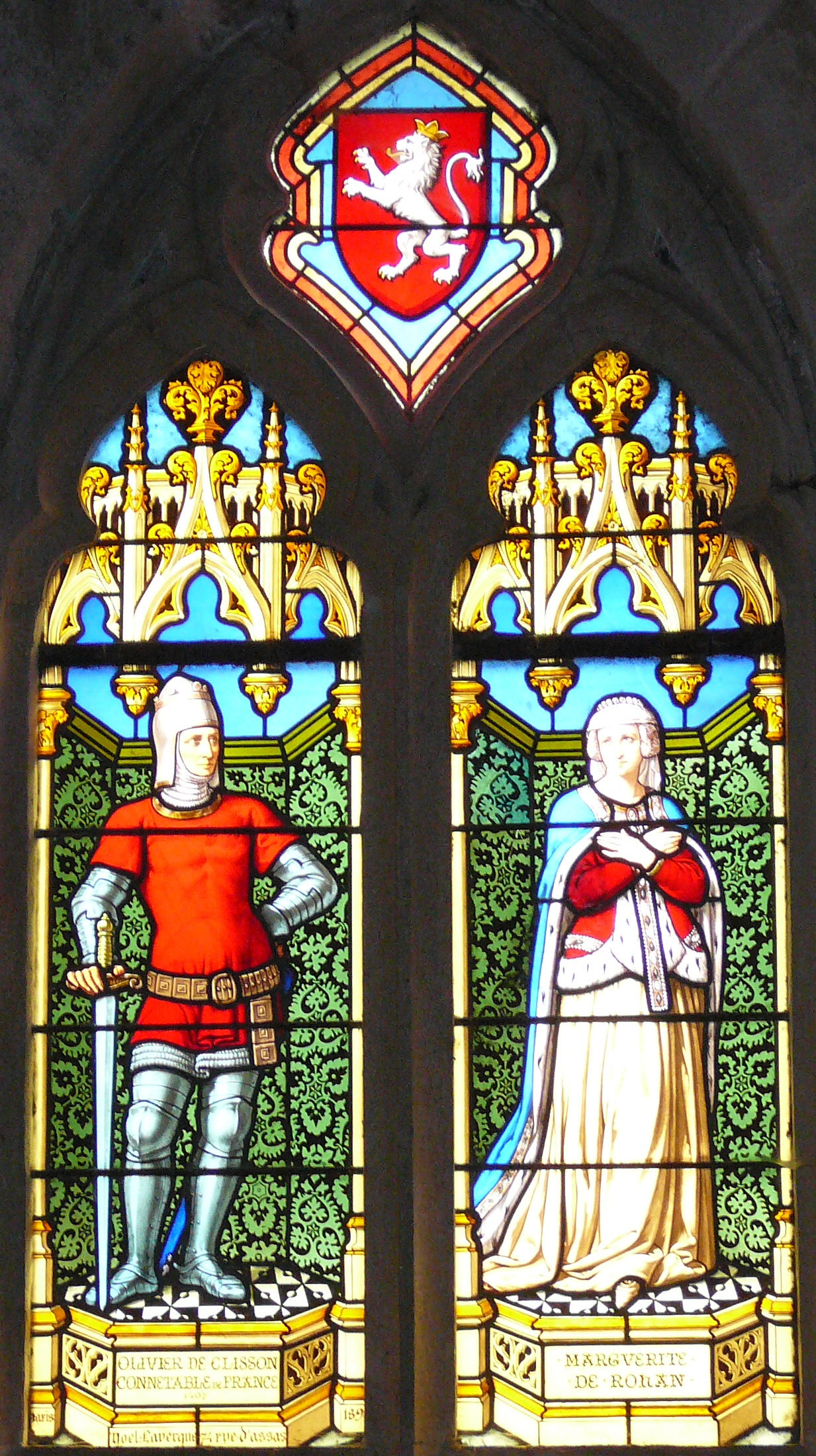|
Ceorl (other)
''Ceorl'' may refer to any of the following: * Ceorl, a rider of Rohan in J.R.R. Tolkien's fictional world of Middle-earth * Churl A churl ( Old High German ), in its earliest Old English (Anglo-Saxon) meaning, was simply "a man" or more particularly a "free man", but the word soon came to mean "a non-servile peasant", still spelled , and denoting the lowest rank of freemen. ..., a social rank in Anglo-Saxon England, the lowest class of "free" men * King Cearl of Mercia, Anglo-Saxon ruler in the early 7th century {{disambig ... [...More Info...] [...Related Items...] OR: [Wikipedia] [Google] [Baidu] |
Rohan (Middle-earth)
Rohan is a fictional kingdom of Men in J. R. R. Tolkien's fantasy setting of Middle-earth. Known for its horsemen, the Rohirrim, Rohan provides its ally Gondor with cavalry. Its territory is mainly grassland. The Rohirrim call their land the Mark or the Riddermark, names recalling that of the historical kingdom of Mercia, the region of Western England where Tolkien lived. Tolkien grounded Rohan in elements inspired by Anglo-Saxon tradition, poetry, and linguistics, specifically in its Mercian dialect, in everything but its use of horses. Tolkien used Old English for the kingdom's language and names, pretending that this was in translation of Rohirric. Meduseld, the hall of King Théoden, is modelled on Heorot, the great hall in ''Beowulf''. Within the plot of ''The Lord of the Rings'', Rohan plays a critical role in the action—first against the wizard Saruman in the Battle of the Hornburg, then in the climactic Battle of the Pelennor Fields. There, Théoden leads the ... [...More Info...] [...Related Items...] OR: [Wikipedia] [Google] [Baidu] |
Churl
A churl ( Old High German ), in its earliest Old English (Anglo-Saxon) meaning, was simply "a man" or more particularly a "free man", but the word soon came to mean "a non-servile peasant", still spelled , and denoting the lowest rank of freemen. According to the '' Oxford English Dictionary'', it later came to mean the opposite of nobility and royalty, "a common person". Says Chadwick: This meaning held through the 15th century, but by then the word had taken on negative overtones, meaning "a country person" and then "a low fellow". By the 19th century, a new and pejorative meaning arose, "one inclined to uncivil or loutish behaviour"—hence "churlish" (cf. the pejorative sense of the term ''boor'', whose original meaning of "country person" or "farmer" is preserved in Dutch and Afrikaans and German , although the latter has its own pejorative connotations such as those prompting its use as the name for the chess piece known in English as a pawn; also the word villain— ... [...More Info...] [...Related Items...] OR: [Wikipedia] [Google] [Baidu] |
